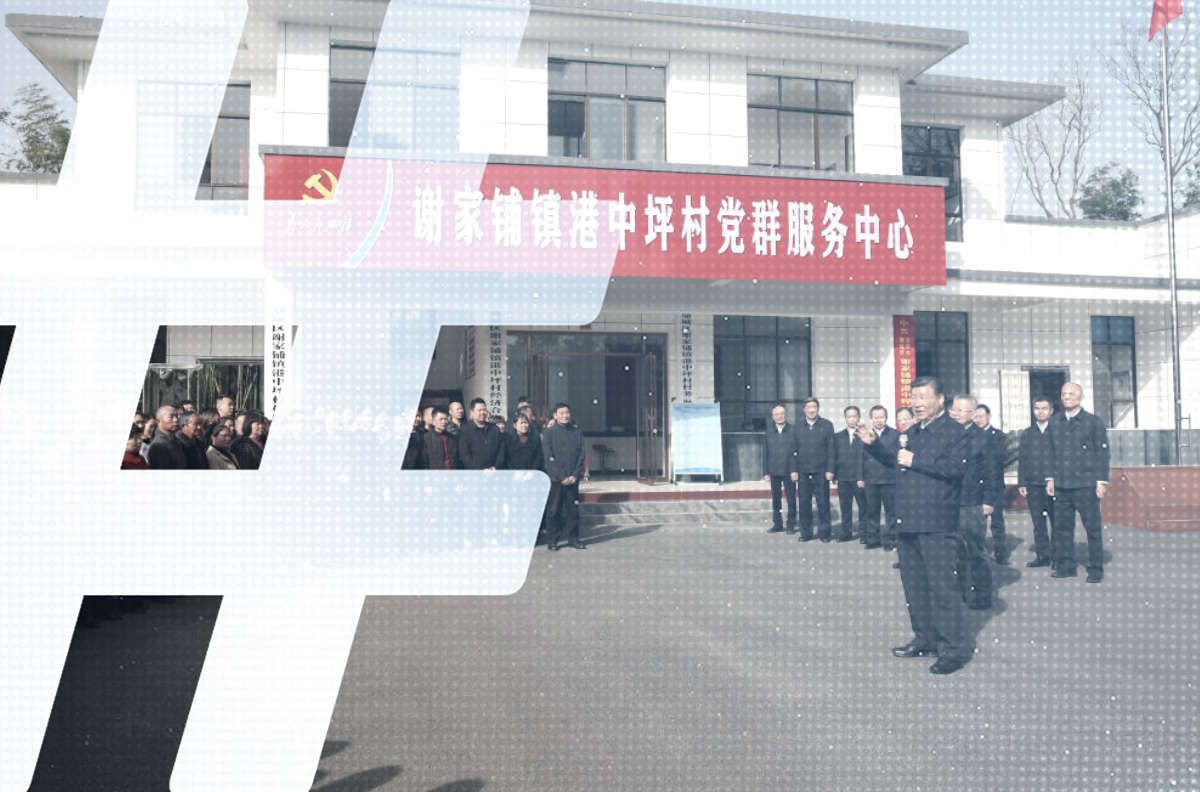Headlines and Hashtags
December 3 — December 9, 2007
December 4 — In a meeting attended by representatives from top Web portals across China, Cai Mingzhao (蔡名照), vice-minister of the State Council Information Office, underscored four priorities for Internet development in the country following the party’s recent 17th National Congress. At the top of the list: propaganda control, or “grasping correct guidance” (把握正确导向). Consistent with state media policy under Hu Jintao, Cai’s speech emphasized the need for commercial development of the Internet even as control remained the paramount priority. While Cai said Internet media needed “first to have a firm grasp of correct guidance, creating a favorable online opinion environment for the building of a harmonious society,” he also emphasized the “need to build a main online media force (网络媒体主力军) with comprehensive strength, major influence and broad coverage”. The latter phrase, with it militaristic metaphors, invoked Hu’s policy of media strengthening, or zuoqiang zuoda (做强做大), which calls for the creation of integrated media groups that are at once commercially powerful and mindful of party propaganda discipline. [More from CMP].
December 4 — Nick Young, founder and editor of the China Development Brief, a nonprofit publication covering Chinese social, political and economic affairs, wrote in the Christian Science Monitor about the circumstances surrounding the shutdown of the journal last summer. State security officials, Young said, had presented him with a simple choice: “You can be the government of China’s friend or our enemy; there is no other way.” [CMP on shutdown of China Development Brief and Minjian]
December 7 — According to a report by China Intellectual Property News, Morgan Stanley Executive Director Li Weidong said at a recent China IT forum that the value of the country’s new media sector had already surpassed 60 billion U.S. dollars, up from roughly five billion U.S. dollars in 2003. China’s top 20 websites accounted for one-quarter of the total market value. Li Weidong quoted back back on December 2 as saying that the number of digital TV users in China would triple during each of the next three years, and that digital TV would be the fastest growing consumer sector in China.
December 7 — Fresh from a victory in exposing fake photos of the endangered South China tiger, Chinese Web users attacked a lunar photograph recently released by China’s space administration and which it said had been taken by Chang’e 1 lunar probe, alleging the photo was a copy of one taken by NASA. Outside commentators, including Emily Lakdawalla of the Planetary Society, joined in the debate, which was also covered by international media. [Coverage from Danwei.org]. [Telegraph coverage]. [Reuters coverage].






















